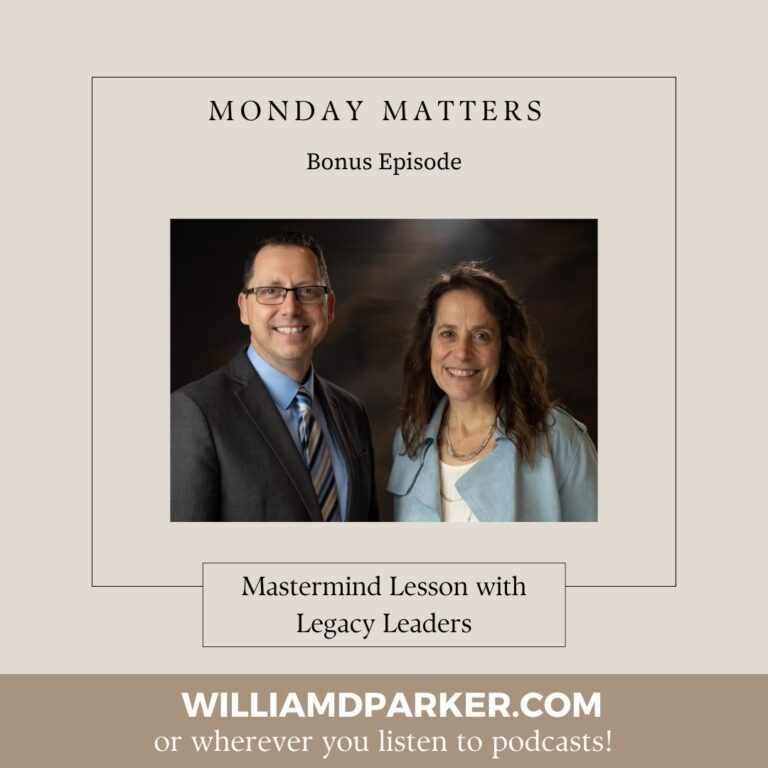We recently mourned the heartbreaking death of a second student this school year.
She was murdered in an evening domestic dispute that resulted in a double-homicide. Her great-grandmother was also a victim.
The day after her death, we had counselors on hand for grieving students. But it was mostly a quiet, somber day. And we attempted to carry on as normally as possible.
The calls from TV stations soon began coming in. While our counselors and principals were meeting with students, in classrooms, and managing other school business, two different news reporters came to the front office demanding to speak to me or a school spokesperson.
My secretaries politely told them we were currently unavailable, took their numbers, and told them I would call them back.
Reporters have deadlines, so they kept calling back and asking for an immediate interview.
I did not want the circus of TV cameras in the school while we were trying to have classes and care for grieving students. So later that day, I returned their calls and told them I did not have time to see them in person but would email them a statement. I also emailed statements to our local newspaper and the Tulsa World.
That night, at the end of one of the TV news reports, the reported added, “We tried multiple times to talk to someone from the school but were told no one was available.”
No mention of the statement I had sent or the phone contact.
The next day, while news of funeral arrangements was still pending, some of our students decided to organize an evening prayer memorial service at a local church. The news stations began to call again to ask for the time and place. While I was covering a basketball game, one of our assistant principals attended the church meeting.
She told me later that the TV stations were there in force, cameras out, lights on, and microphones in hand. As students tried to gather in groups to pray or talk, cameramen pushed their way over and pointed cameras into the huddles.
At one point the pastor who was officiating the service, invited everyone into a large circle to pray. As students, teachers, and neighbors gathered, so did the cameras.
Finally, our assistant principal had had enough. She spoke to one the news reporter closest to her and told her how annoying and intrusive they were being. Her comment was simply received with a blank stare.
I know media pressures should not be surprising since our culture relies so heavily on 24-hour news cycles and instant-feedback. And I am a big proponent of working cooperatively with media sources. Nevertheless, it is often difficult to know how to draw the line with reporters who know no mercy when it comes to meeting their deadlines.
I hope you never find yourself managing media requests in the the aftermath of a tragedy like this one, but here are some suggestions from our most recent encounter:
1. Plan ahead of time to release a statement.
The day of the media full-court-press, I actually looked up and read an earlier post I had written about dealing with school crisis.
It helped me remember it is my job to be the spokesperson for my school. That doesn’t mean I am required to be on TV. But I need to at least be prepared with something in writing to share with various sources.
2. Know your district’s media policies.
Some larger districts hire a communication person to do their media contacts. Our district is not large enough for that kind of expense, so principals may be asked to handle matters like the one we just faced.
If it is a personnel matter, the superintendent’s office always manages those media requests. You should stay in close contact with your district office when media requests begin to come in so you have an agreed upon strategy.
3. Appreciate your best sources.
I am thankful for our local community journal reporter whom I am glad to email or call because I know he has our school’s best interest in mind. Likewise, my connections with the Tulsa World have been equally helpful.
Even though these two sources had been kind enough not to bother us the day after a tragedy, I included them in my first media release. And they returned the favor by reporting on the incident without sensationalism.
Rely on your best media relationships to help carry the facts during tough times.
4. Don’t forget who is priority.
During crisis, it is not just your job to be a spokesperson, it is also your job to protect and care for students.
When I called back TV reporters, one of them asked if she could be in the school parking lot after school to take shots for their story.
I was kind but firm in explaining we did not want them on campus with students who may not want to be taped coming/going from the school. I told the reporter they were welcome to set-up on an empty lot across from the school property if they wanted.
Conclusion
Behind the stories of tragedy that you see on TV, read in the papers, or follow on social media, there is often so much not reported. At the end of the day, all you can do is your best to be a good communicator while keeping in mind that no matter what else happens, taking care of students must still be a higher priority than satisfying media curiosity or deadlines.
Now It’s Your Turn
Every principal eventually deals with the tragedy of losing a student or managing a crisis that attracts media attention. What are some of the lessons you have learned about serving and protecting students during these times?
Subscribe For Free Updates
Want to read more insights on school leadership? Subscribe to receive my weekly posts from WilliamDParker.com? Visit here for information on how you can sign up and receive a free weekly posts!


